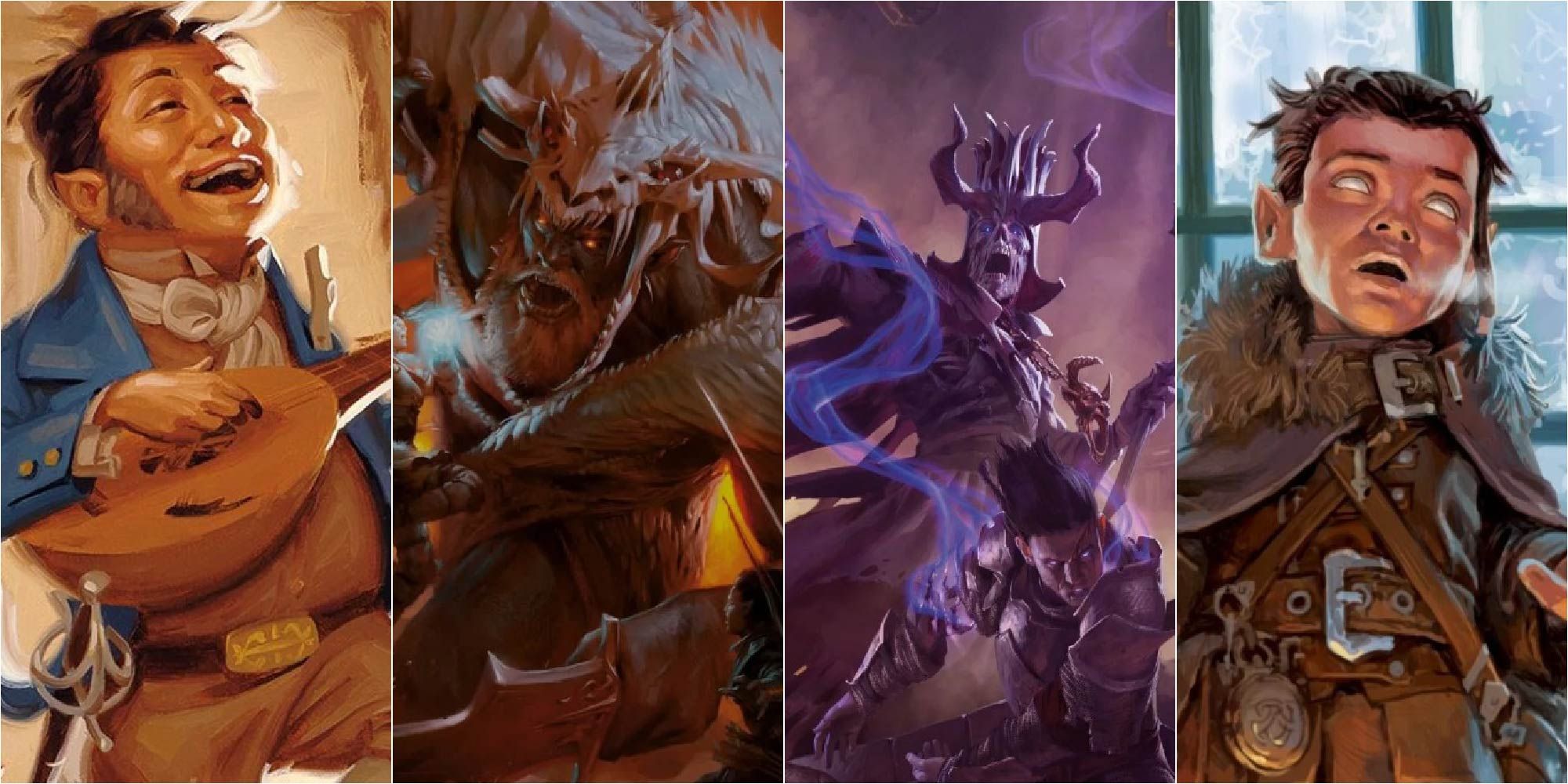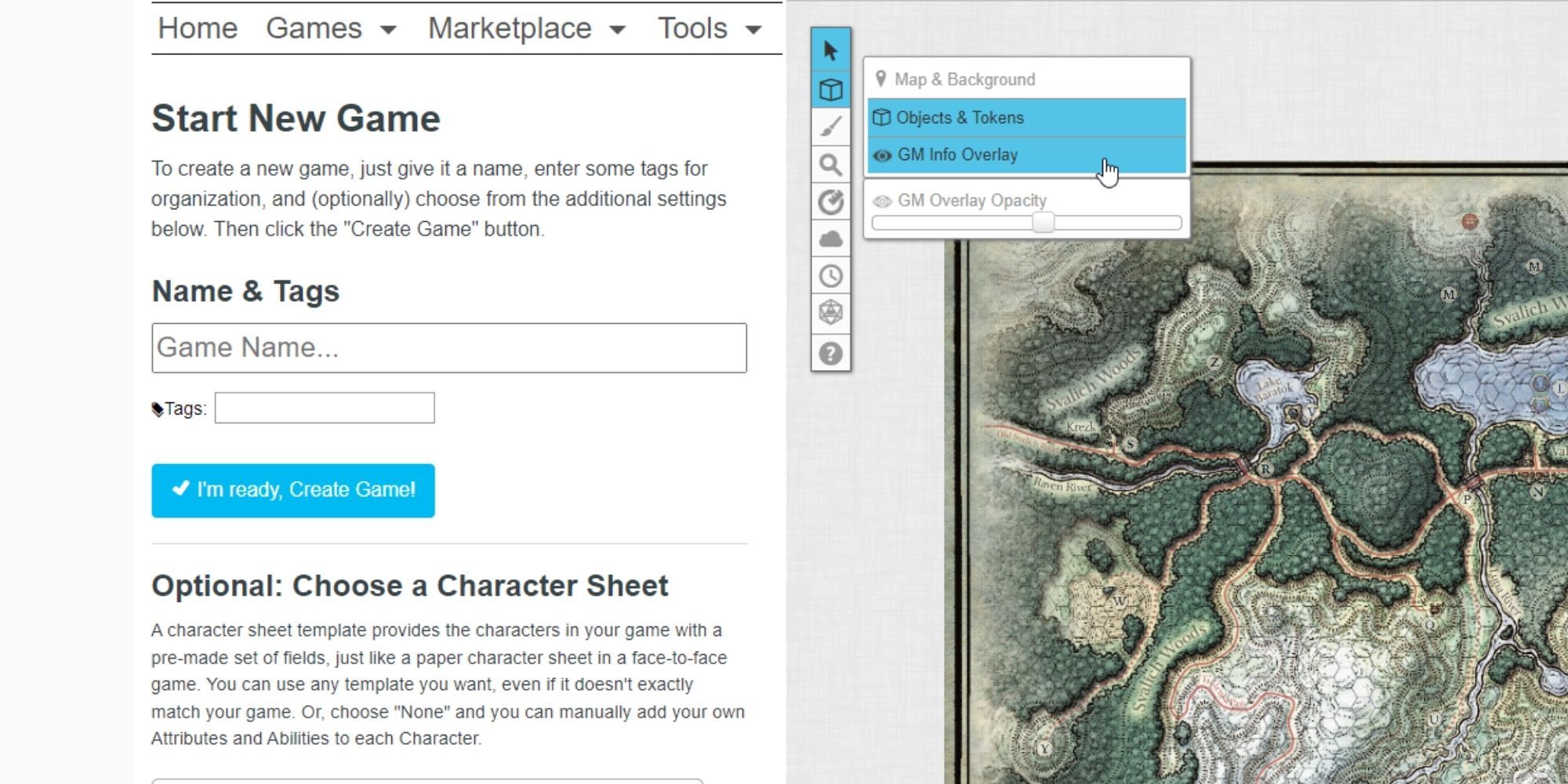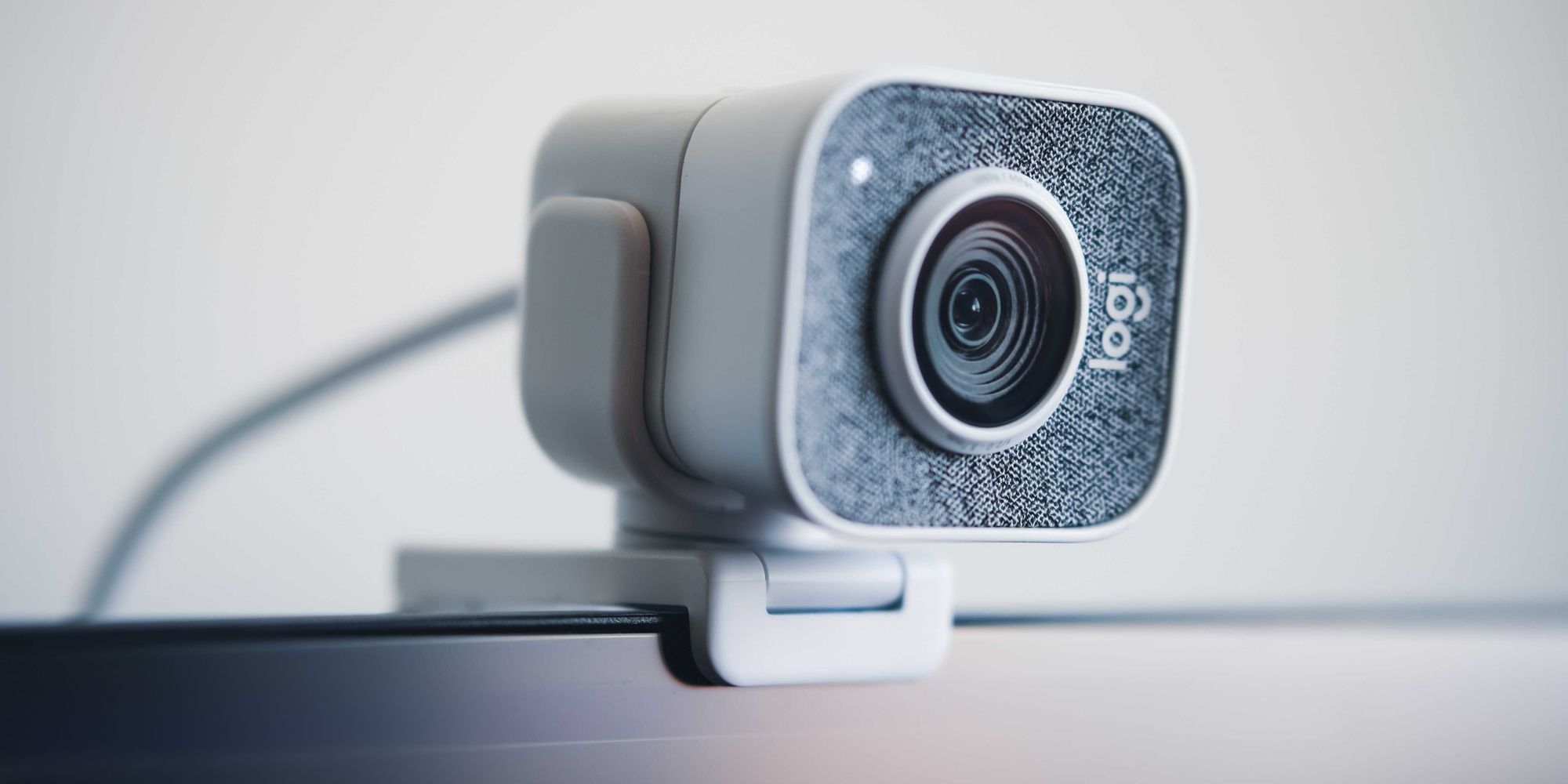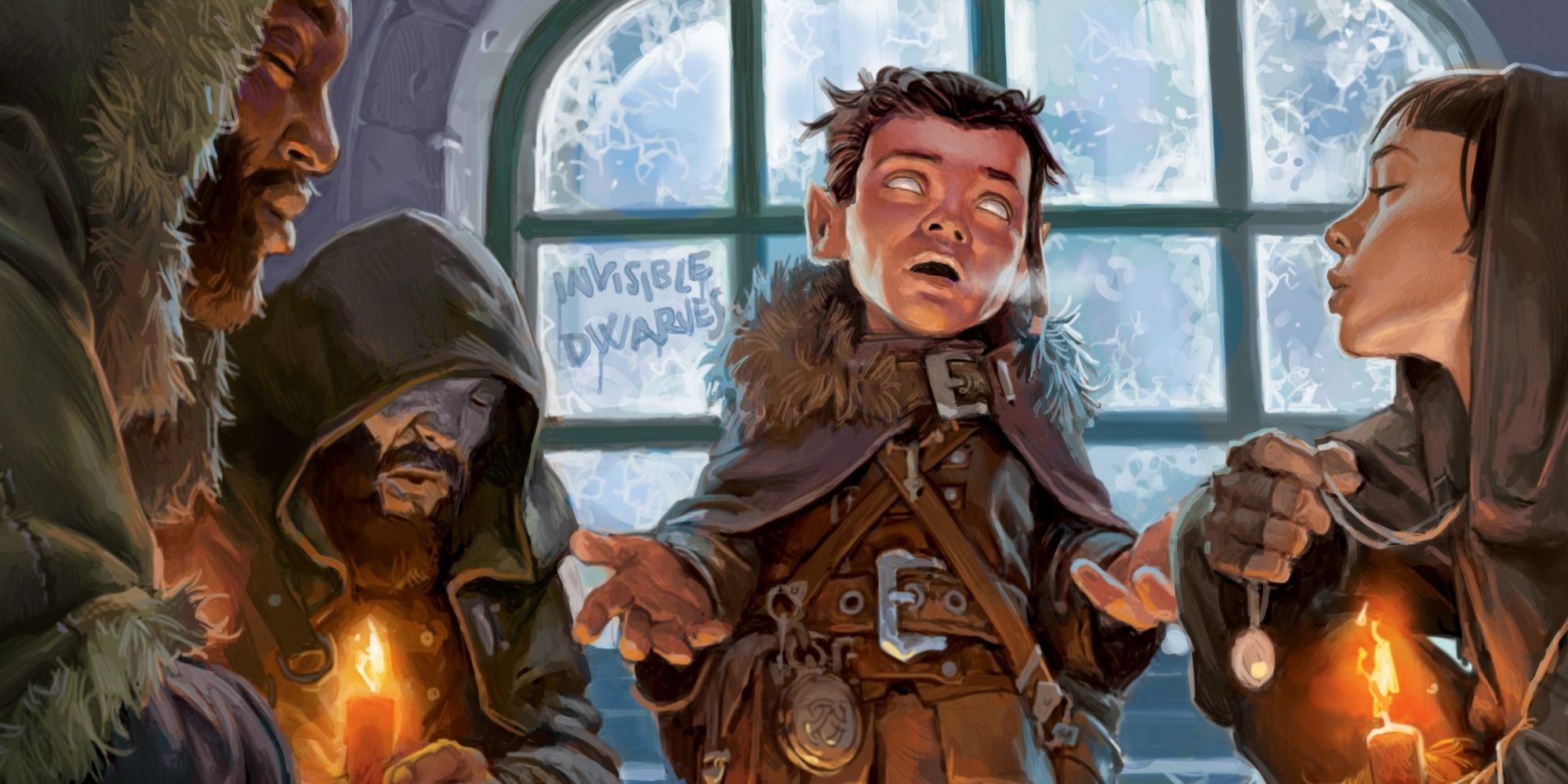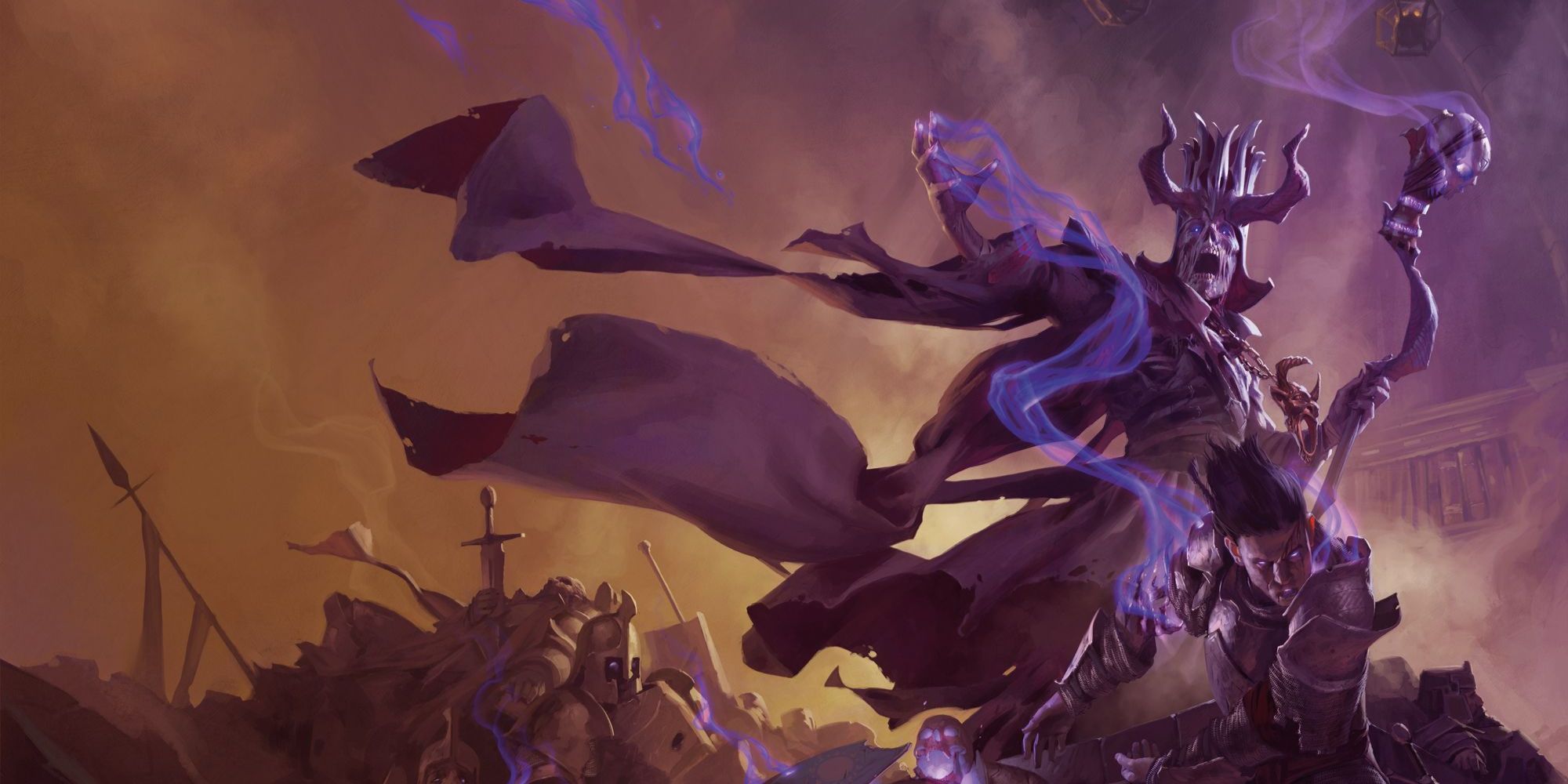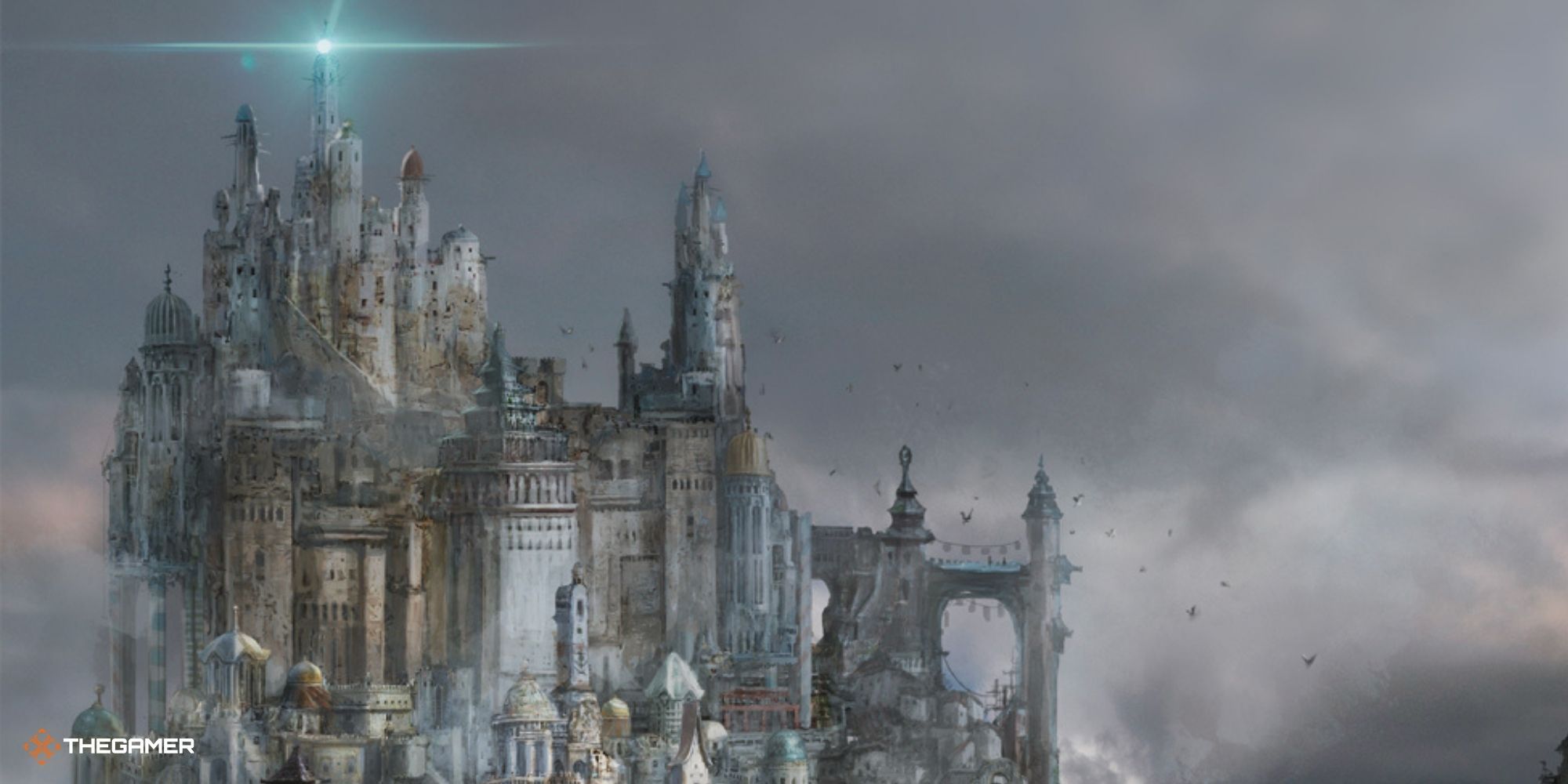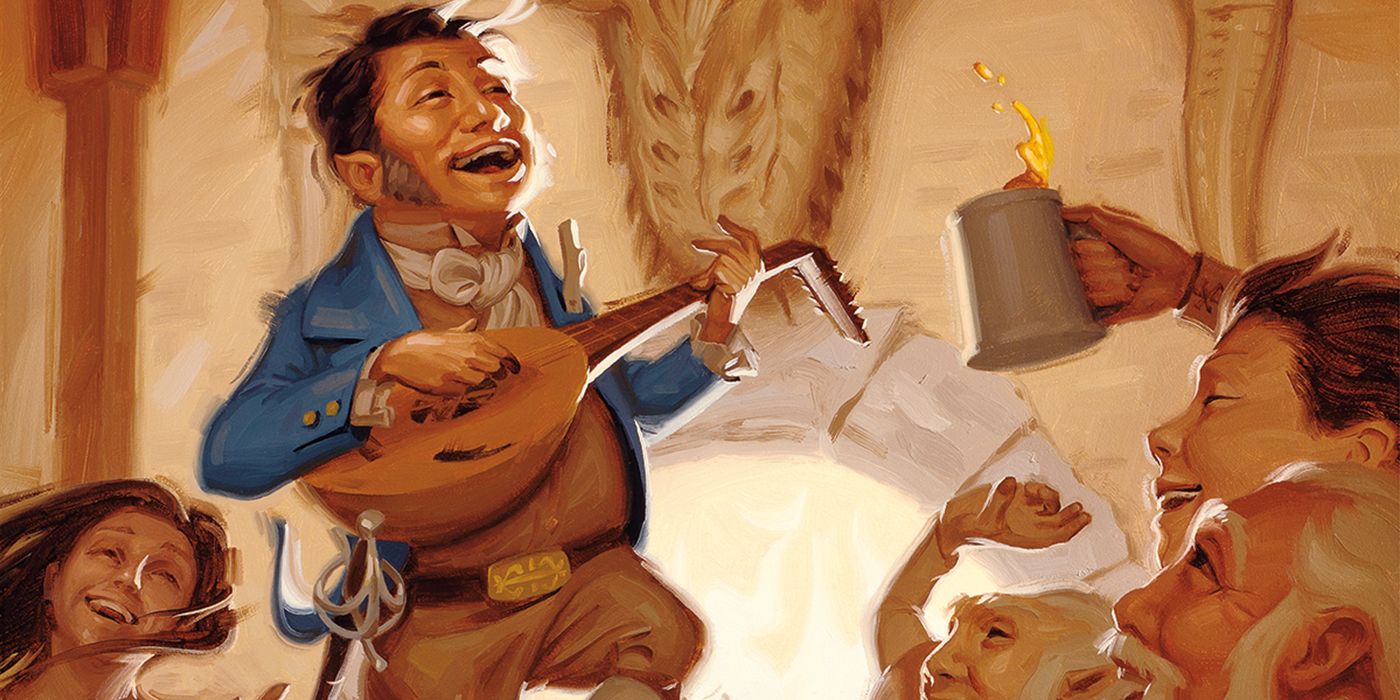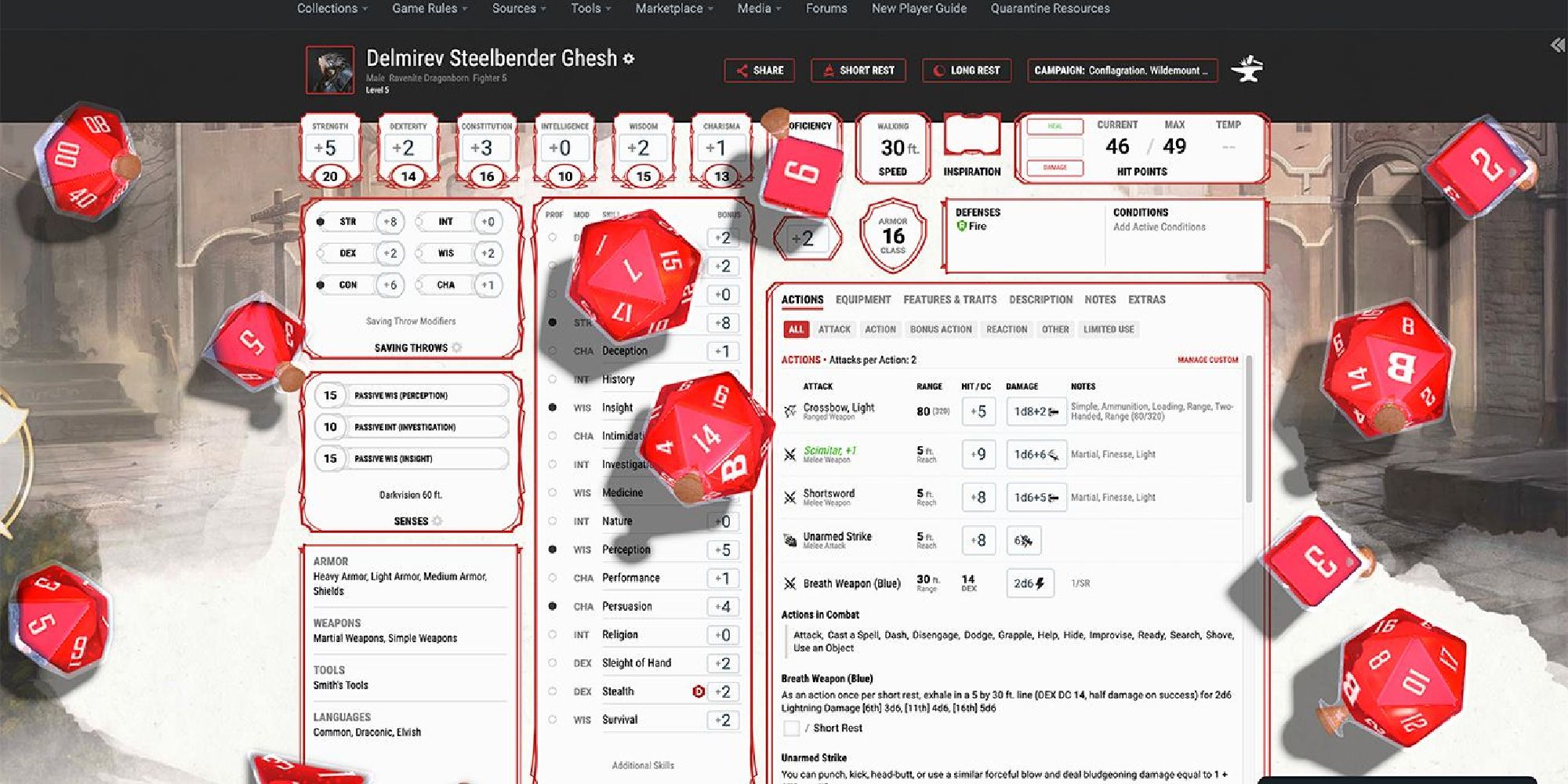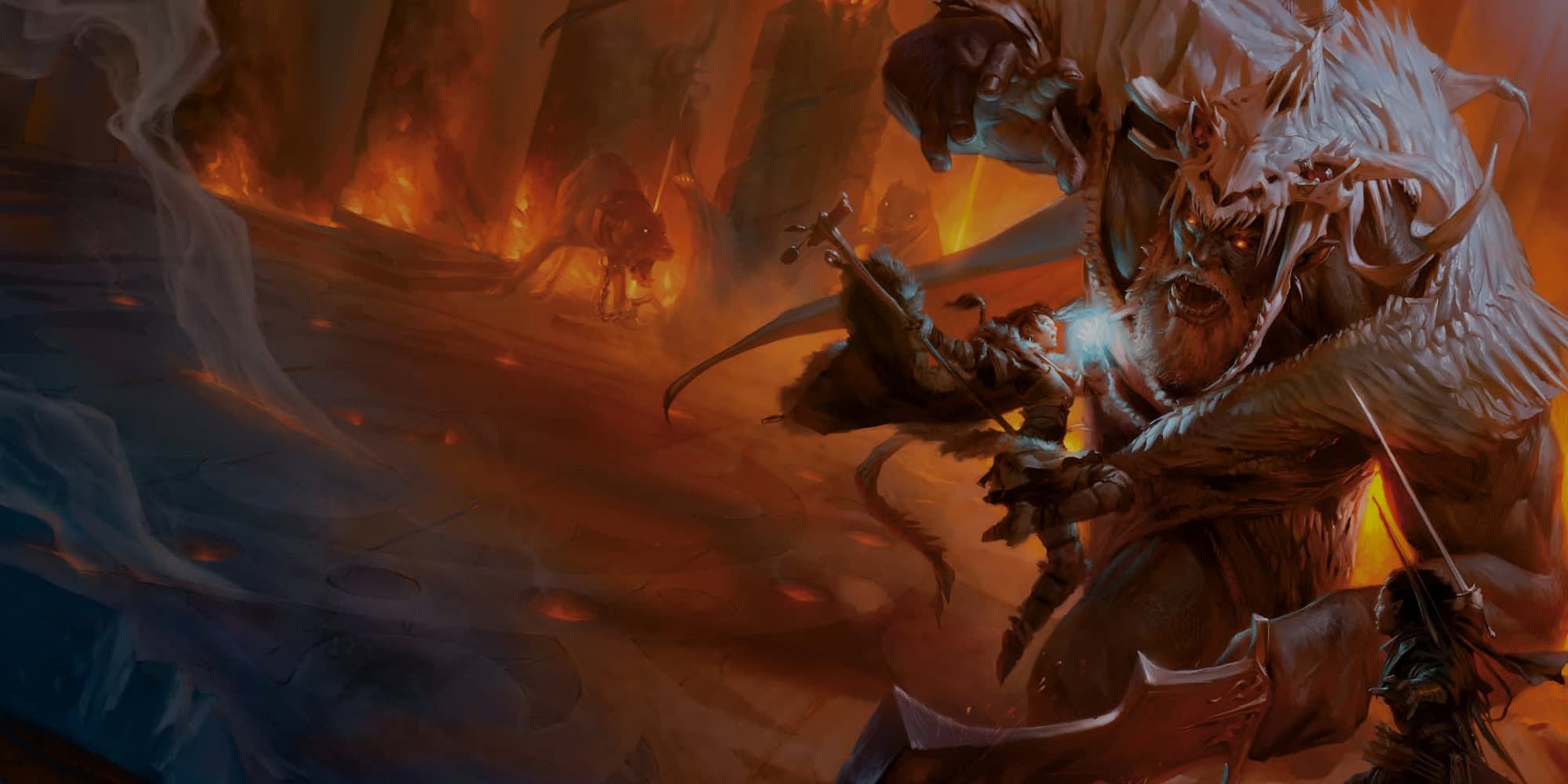Bigger than ever before, Dungeons & Dragons is one of the biggest tabletop RPG games out there. The inspiration for many video game RPGs, this one is the ultimate choice for those who want complete freedom in their actions — as long as you're ready to deal with the consequences.
Still, such a game can involve many people in the same place, which can be a bit difficult. One easier way to play the game is online. However, since this is not the way the game was intended to be played, some adaptation is necessary. With that said, it is very possible to enjoy D&D sessions where every player is in the comfort of their respective homes.
10 Using Dedicated Websites Or Apps
This one might be obvious for those slightly accustomed to playing online, but it needs to be said. There are many websites such as DnD Beyond, Roll20, or apps such as Foundry VTT that will make your game a lot easier.
Not only will they do the basic dice rolling for you, but if you take the time to prep character sheets on them, they'll also do most of the math for you — with bonuses, advantages, and disadvantages. They'll also be helpful for images and music, which will come up shortly.
9 Use Video On Calls
Yes, that will force you to tidy your bedroom and put on some decent clothing, but being able to see the other players during the game makes a lot of difference.
One of the biggest parts of role-playing isn't just what you say, but also your gestures and posture. These are things that won't be noticed if you and the other players just can't see one another. So, don't be shy, turn on your webcam for the games — it'll help you immensely.
8 Don't Make Small Talk
Small talk is already an enemy of TTRPGs, but online it can be much worse. Not only will it draw the players' attention and distract them from the DM, but when you're using microphones, everyone will hear your small talk.
Basically, even if the DM is interacting with another player and you're just in the background, you'll still disrupt them enough to the point of making them stop to lecture you. It's not nice to be given a dressing down by the DM.
7 Check Everything Before The Game
Machines can unfortunately let us down sometimes. Updates, Internet problems, and more can occur at terrible moments, but a lot of those can be quickly fixed.
Instead of arriving at exactly the scheduled time, it's good to pop up ten minutes earlier, just to see if everything is working as it should be before the game begins — especially if you're the DM. If it's a problem that requires some time that will delay the game, at least it won't be as much as it would have if you only noticed when starting the game.
6 Use Images, But Don't Get Too Attached To Them
Though it's not necessary in a TTRPG, you can take advantage of images since you're already using a computer. Pinterest and Artstation can be your friends here, with many images you can use for your characters, NPCs, and even locations — both in artistic places or functional battle maps.
As the DM, you can even look for maps you find interesting and design your world around them. Just remember, if you can't find a good image that suits your needs, it's okay to give up searching and just go with your imagination. It's how this whole game started, after all.
5 Use A Soundtrack
Music is also a good way to set the mood, and you can find plenty online. Having specific songs ready to go in certain moments can really increase the tension. Even sound effects can help a lot, though it's also important to not get too attached as well. Have more generic songs on hand, that can be used when you're improvising.
The players can also choose a song as their characters' 'theme song', which you can use when a specific player is responsible for an epic moment — it really builds excitement when they hear it.
4 Don't Let The Internet Distract You
One of the biggest issues with playing online is how easily you can get distracted. If the DM is role-playing something specific with another player, then there's no harm checking Facebook, right? Well, if your glance truly is just a glance, then not really.
However, people have a tendency to get lost on social media, and not pay attention to what is going on in the game. It's important to keep your attention on the game, and doing something else on the computer won't help at all.
3 Take Notes On The Computer
One thing computers are great for? Storing files. Whether you're the player taking notes on the campaign, and especially if you're the DM, being on a computer will help you a lot when it comes to taking notes on the events.
The aforementioned websites, such as Roll20, will allow you to leave notes on NPCs, which can help things a lot. Just make sure to organize your folders properly. What's the point of taking notes if you can't find them when you need to?
2 Cellphones Can Be Your Allies
As integral as the computer for online playing, the same can be said for your extra screen, especially as the DM. If you need a lot of things open at the same time, you can have quick notes available on your cellphone, so you don't need to temporarily change what you're viewing on your computer.
There are also apps for character sheets, so in the event you're controlling multiple characters, you can have everything spread out between your computer and your phone.
1 Do A Session Zero
This is always helpful, even when playing in real life. Having a session zero, where you explain your goals and intentions for the game, get players' feedback on what they wish to see, and give everyone a heads-up on how online sessions work, will make the game go a lot more smoothly — especially if it's a player's first time.
It's very important to have everyone on the same page, so that both the players and the DM know what to do. After all, an RPG campaign relies on everyone's input.

